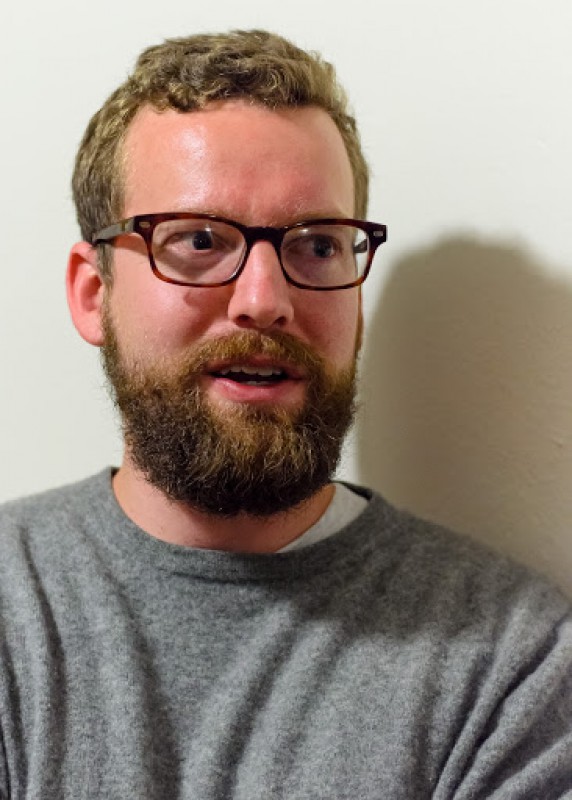KLI Colloquia are invited research talks of about an hour followed by 30 min discussion. The talks are held in English, open to the public, and offered in hybrid format.
Join via Zoom:
https://us02web.zoom.us/j/5881861923?omn=85945744831
Meeting ID: 588 186 1923
Spring-Summer 2026 KLI Colloquium Series
12 March 2026 (Thurs) 3-4:30 PM CET
What Is Biological Modality, and What Has It Got to Do With Psychology?
Carrie Figdor (University of Iowa)
26 March 2026 (Thurs) 3-4:30 PM CET
The Science of an Evolutionary Transition in Humans
Tim Waring (University of Maine)
9 April 2026 (Thurs) 3-4:30 PM CET
Hierarchies and Power in Primatology and Their Populist Appropriation
Rebekka Hufendiek (Ulm University)
16 April 2026 (Thurs) 3-4:30 PM CET
A Metaphysics for Dialectical Biology
Denis Walsh (University of Toronto)
30 April 2026 (Thurs) 3-4:30 PM CET
What's in a Trait? Reconceptualizing Neurodevelopmental Timing by Seizing Insights From Philosophy
Isabella Sarto-Jackson (KLI)
7 May 2026 (Thurs) 3-4:30 PM CET
The Evolutionary Trajectory of Human Hippocampal-Cortical Interactions
Daniel Reznik (Max Planck Society)
21 May 2026 (Thurs) 3-4:30 PM CET
Why Directionality Emerged in Multicellular Differentiation
Somya Mani (KLI)
28 May 2026 (Thurs) 3-4:30 PM CET
The Interplay of Tissue Mechanics and Gene Regulatory Networks in the Evolution of Morphogenesis
James DiFrisco (Francis Crick Institute)
11 June 2026 (Thurs) 3-4:30 PM CET
Brave Genomes: Genome Plasticity in the Face of Environmental Challenge
Silvia Bulgheresi (University of Vienna)
25 June 2026 (Thurs) 3-4:30 PM CET
Anne LeMaitre (KLI)
KLI Colloquia 2014 – 2026
Event Details

Topic description / abstract:
Fictionalism is the view that at least some scientific models have the same ontological status as the worlds that are imagined when one reads a piece of literary fiction. A model of species richness is the same sort of thing, ontologically, as Shakespeare's Verona. But since fictionalists believe models exist in the imagination of modelers, one challenge for fictionalists is to explain how this view is compatible with the existence of scientific models that appear to be conceptually impossible. After all, at least ostensibly, what is conceptually impossible cannot be imagined. This criticism of fictionalism was recently articulated by Michael Weisberg (2013), and the criticism puts particular pressure on fictionalist accounts of evolutionary models, since many such models are conceptually impossible. For instance, these models, relying as they do on ordinary differential equations, allow there to be fractions of organisms—e.g., a population of 101.35 rabbits. If no such population is imaginable, then fictionalism would appear to be in trouble. But all is not lost for the fictionalist, or so I shall argue. The semantics of subjunctive conditionals can help fictionalism here, as can Daniel Gillespie's important work on the relationship between discrete and continuous models of population dynamics.
Weisberg, M. (2013) Simulation and Similarity: Using Models to Explain the World. Oxford, UK: Oxford University Press.
Biographical note:
Brian McLoone received his Ph.D. in philosophy from the University of Wisconsin–Madison in 2016, and is now an assistant professor in the School of Philosophy at the Higher School of Economics in Moscow. Most of Brian's research concerns issues in philosophy of biology, particularly conceptual issues in evolutionary biology relating to natural selection, chance, causation, and explanation.


